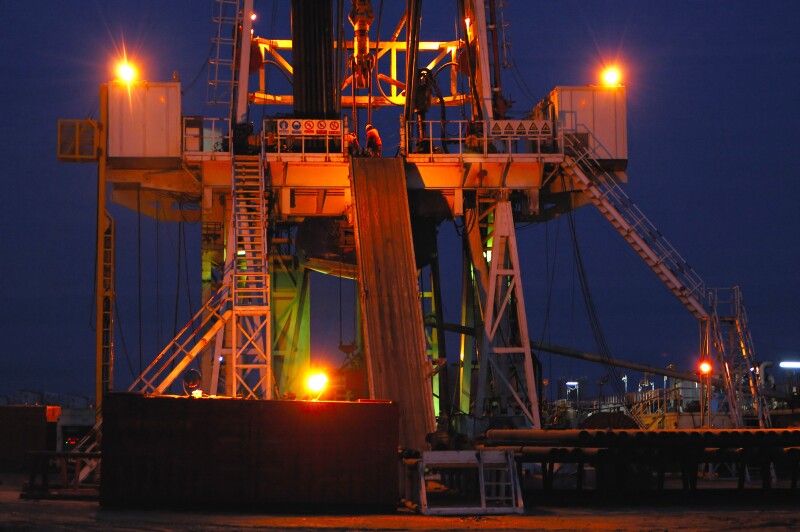Indonesia’s Pertamina and Sinopec inked a memorandum of understanding (MOU) to expand their business collaboration from upstream to downstream in traditional fossil fuels while also accelerating growth of their renewable energy profiles.
The MOU signed by Pertamina’s President Director and CEO Nicke Widyawati and Sinopec Group Chairman Ma Yongsheng in Shanghai would strengthen research and development and business development in unconventional hydrocarbons, carbon capture utilization and storage (CCUS), enhanced oil recovery, and ultradeep drilling.
Downstream collaboration will cross fuel and non-fuel businesses, lubricants, aviation, petrochemicals, as well as transportation and logistics while the renewable focus covers geothermal energy, hydrogen, and solar power.
The MOU builds on a previous agreement between Pertamina subsidiary, Pertamina Hulu Energi, and Sinopec’s upstream business, according to a press announcement on 13 November.
Indonesians View Shengli Shale Operations Firsthand
While in China for the signing, Pertamina representatives also traveled to Sinopec’s Beijing headquarters and to the Shengli oil field in the Jiyang depression where the Chinese company runs a CCUS project as well as chemical enhanced oil recovery operations and unconventional hydrocarbons recovery.
Sinopec aims to grow production at its Shengli Shale Oil project by 1 million tons per year during the current Five Year Plan, according to its 2023 interim report. The company has built 75 wells since initiating the project in 2019 and has so far generated a production capacity of 423,000 tons.
As of 30 June 2023, the aggregate investment was more than $836 million, according to the interim report.
In delivering the keynote presentation at a Sinopec forum held during the trip, Pertamina’s CEO said that Indonesia faces challenges in achieving energy security, given its increasing energy demand, continued dependence on fossil fuels, and declining oil production.
"Energy security is a top priority for Indonesia, so we need to reduce dependence on imports by diversifying the energy mix, optimizing local energy resources while expanding access to cleaner energy sources," Widyawati stated.
According to Widyawati, Indonesia is a strategic pathway for the global supply chain in energy transition, rich in renewable energy sources and essential materials needed for energy transition such as nickel, bauxite, and copper, including the potential for nature-based solutions and CCUS.
Widyawati noted that Pertamina is charged with increasing energy supply to support economic growth, mobilizing domestic resources to reduce the trade deficit in oil and gas, and finally, undertaking decarbonization, energy efficiency, and energy transition with a net-zero emission (NZE) target.
"Pertamina has developed a comprehensive strategic initiative covering decarbonization of operations, establishing low-carbon emission businesses, and implementing carbon reduction programs. Our strong support for NZE involves transforming the way we do business and manage company operations to prioritize sustainability," said Widyawati.
However, she noted that Indonesia has issues accessing financing including early-stage funding and that the country also needs to invest in its human capital.
"Therefore, to truly succeed in this energy transition, we recognize the importance of appropriate support and encouragement through strategic partnerships," she said.
For Further Reading
Pertamina Teams With Chevron, Mubadala To Explore Geothermal Opportunities by P. Davis Szymczak, JPT.


